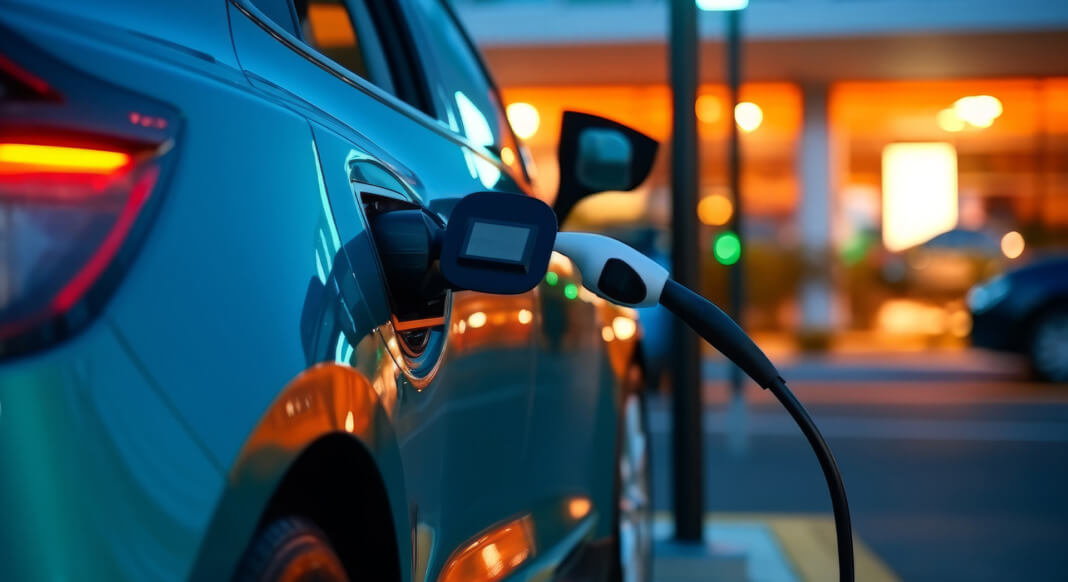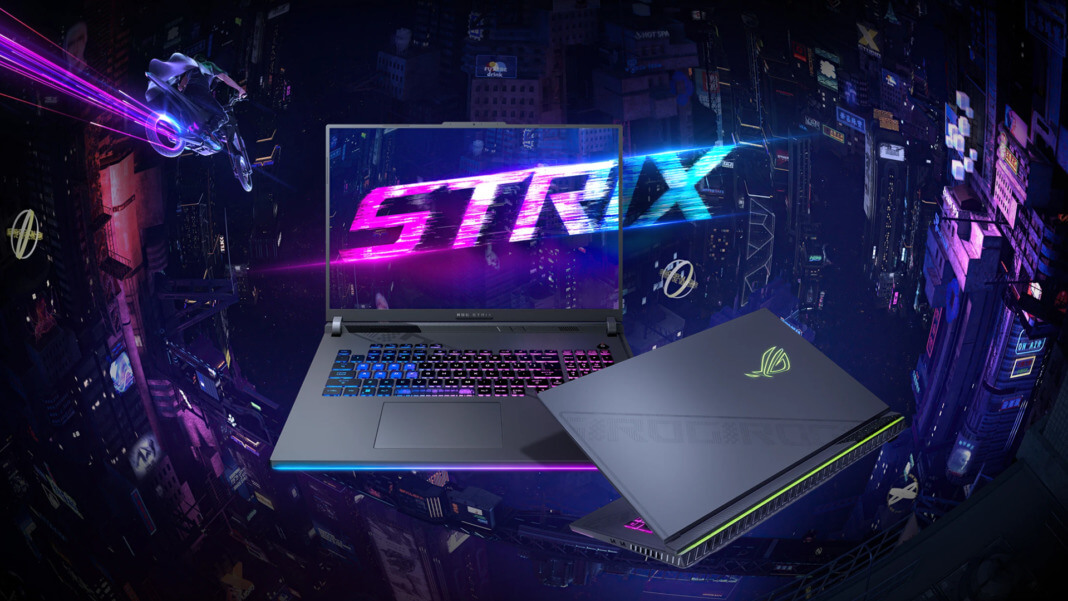Every year, the automotive industry strides further into a future that once existed only in science fiction. What once was a world filled with petrol-powered vehicles is swiftly evolving into an ecosystem powered by electric motors and guided by artificial intelligence. You are no longer just a motorist – you’re becoming a passenger on a high-tech journey shaped by transformative forces.
Now, as we look out on the vast horizons of this exciting future, where is the automotive industry heading, and what does it mean for you? The time has come to delve into this fascinating subject, encompassing everything from electrification and autonomous driving to sustainability and advanced manufacturing processes.
Plugging into the electric revolution
Ever thought about swapping your petrol or diesel car for an electric one? You’re not alone. Electric Vehicles (EVs) are no longer a rarity on our roads; they’re becoming the norm. Thanks to the growing concern for the environment and advancements in technology, the adoption of EVs has skyrocketed. In 2020, Europe alone saw a 137% increase in electric car sales, and by 2030, it’s predicted that almost half of all passenger cars will be electric.

With the prospect of lower running costs, the appeal of an EV isn’t merely environmental; it’s economic too. New developments in battery technology are driving down the costs of electric cars, making them a more viable option for the everyday driver. In fact, Bloomberg NEF predicts that by 2025, some EVs will achieve price parity with traditional internal combustion engine cars.
A closer look towards self-driving
Stepping into a car, setting your destination, and then letting go of the wheel might seem like a futuristic dream. Yet, it’s becoming a reality, thanks to the ambitious efforts of companies like Tesla, Waymo, and Uber, pioneering the autonomous driving revolution. These companies harness the power of advanced sensors, sophisticated algorithms, and machine learning to create vehicles that can navigate complex traffic scenarios and adapt to real-time road conditions.
Industry forecasts are optimistic. Research from ARK Invest suggests that by 2030, as many as 10% of vehicles on the road could be fully self-driving. But the impacts of this shift are far-reaching, promising more than just a hands-off driving experience.
So, what does this mean for you, the everyday motorist? Imagine this: instead of focusing on the road during your daily commute or long trips, you could be free to spend that time as you choose. Whether that’s catching up on work, enjoying a good book, or simply taking a moment to relax, autonomous vehicles offer a significant boost to your quality of life.
Beyond personal convenience, self-driving cars have the potential to transform societal norms. According to the US National Highway Traffic Safety Administration, they could reshape public transportation, reduce the number of vehicles on the road, and significantly decrease accident rates, given that human error contributes to 94% of crashes.
Shaping tomorrow with advanced manufacturing
As we look towards the future of the automotive industry, it’s not just about the vehicles we drive but also how they are crafted. Manufacturing, the heartbeat of the industry, is experiencing a seismic shift underpinned by a wave of digital transformation. Innovations in technology are creating unprecedented opportunities for automakers to improve efficiency, sustainability, and customisation.
Take 3D printing as an example. Once a niche technology used primarily for prototyping, it revolutionised automotive production lines. With 3D printing, automakers can create parts faster and with less waste, given its additive process. What’s more, 3D printing opens the door to personalised manufacturing. This means you could, in the future, customise your car’s components to a degree previously thought unimaginable.
But the transformative power of technology continues beyond there. The rise of Industry 4.0 is redefining the auto-manufacturing landscape. Through the integration of technologies like the Internet of Things (IoT), artificial intelligence (AI), and big data analytics, factories are becoming smarter, more connected, and more efficient. This digital shift enables automakers to reduce defects, cut waste, and accelerate production times – all while gathering data that can be used to refine processes further.
The next car you buy may not only be more advanced in terms of its capabilities but may also be produced in a way that’s less damaging to the planet. A more sustainable car isn’t just good news for the environment; it’s a testament to how the marriage of technology and industry is shaping a future where efficiency and responsibility go hand in hand.
Mapping the journey ahead
As we venture into the dawn of this electrified, autonomous era, it is clear that the automotive industry is on a thrilling, transformative journey. The vehicles are changing, and so are how we manufacture them and our relationships with them.
The rise of EVs is reshaping how we drive and think about energy and the environment. The advent of autonomous vehicles promises to redefine our perception of travel, offering us newfound freedom and time. And advancements in manufacturing are not only enhancing the efficiency and sustainability of production processes, they’re enabling us to customise our cars in ways we’ve never imagined.
The road to the future is electrified, autonomous, and advanced. Are you ready to take the journey? As you contemplate your place in this evolving landscape, remember this: you’re not just a spectator on this journey. You are part of it. Each choice you make – from the car you buy to how you use it – helps steer the automotive industry towards this exciting future.
This journey may have twists and turns, but with every mile travelled, we are creating a new era in mobility. The future is now in the rear-view mirror. So, buckle up and enjoy the ride because the destination is worth it. The automotive future is not just about reaching our destination; it’s about enjoying the journey there.





